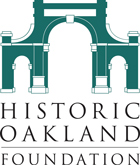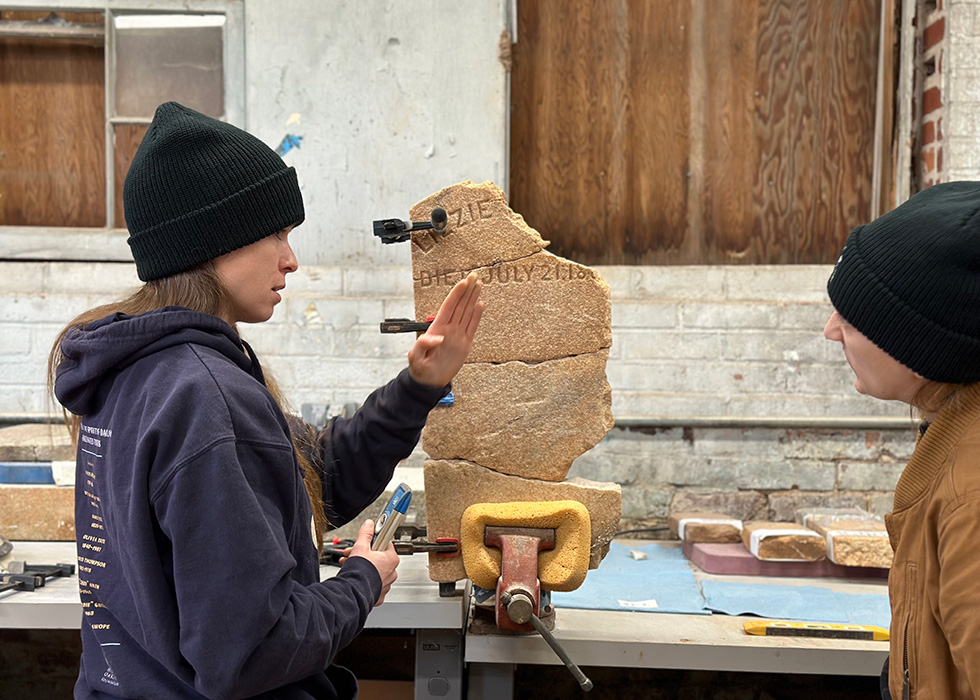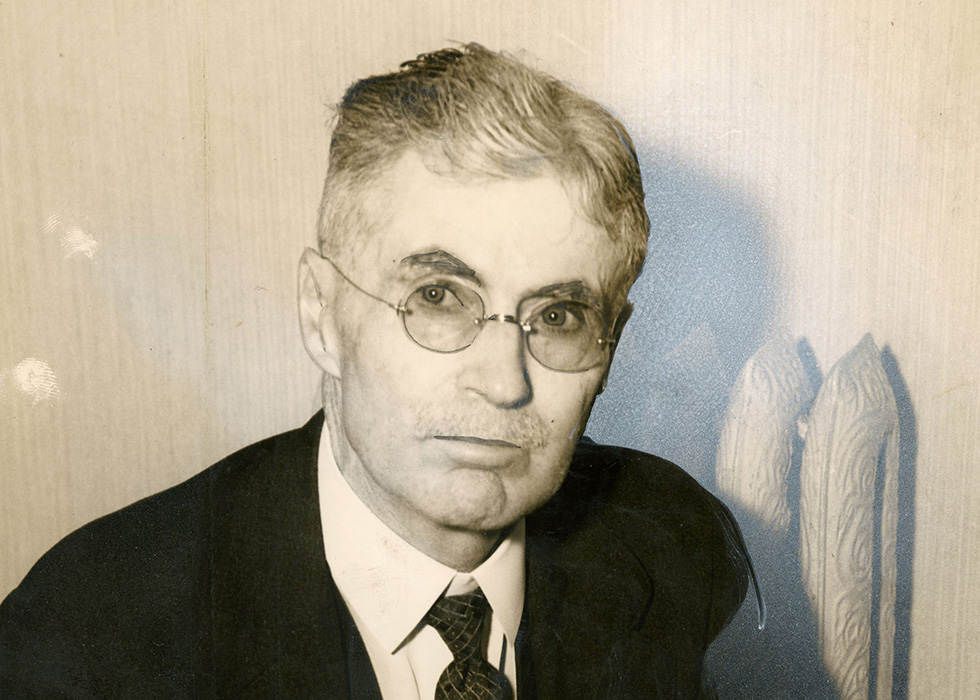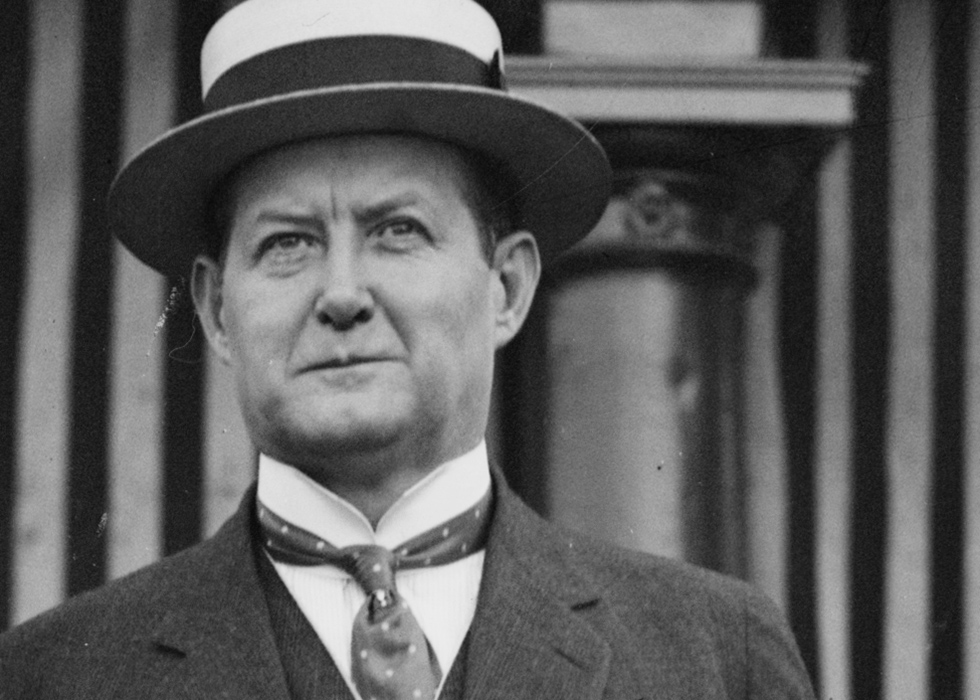
Resident Spotlight: Henry Rutherford Butler and the Prince Hall Masons
Although fraternal organizations in the United States date back to the colonial period, the growth of these organizations increased drastically after the Civil War. By the end of the 19th century, there were hundreds of fraternal organizations with an estimated one in four adults belonging to a club. These groups provided mutual aid for their members, and many were based on religious, political, professional, and social affiliations. One such group in Atlanta is the Prince Hall Masons. Oakland resident Dr. Henry Rutherford Butler was a Grand Master of the Most Worshipful Prince Hall Grand Lodge, but also contributed to the Atlanta community as a prominent physician.

In 1883, Butler entered Lincoln University in Pennsylvania, the nation’s first degree-granting historically black university. After graduating from Lincoln, Butler began his studies at Meharry Medical College in Nashville and graduated with a medical degree in 1890. That same year, Dr. Butler moved to Atlanta and founded the Atlanta Medical Association of Physicians, Dentists, and Pharmacists (later the Atlanta Medical Association) with Dr. J.W. Linder to represent the interests and concerns of African American physicians and their patients. Dr. Butler later co-founded the Georgia State Medical Association in 1893 and the National Medical Association in 1895.
Dr. Butler opened a medical practice and drugstore on Wheat Street (later Auburn Avenue) in 1891 with his Meharry classmate and eventual Oakland neighbor, Dr. Thomas Slater. The pair of physicians became the first African Americans to be granted pharmacy licenses in Georgia. Dr. Butler helped to establish Atlanta’s Fair Haven Infirmary, a twelve-bed facility featuring an operating room, in 1909 to treat black patients.
Dr. Butler was a leader outside of the Atlanta medical community. He was affiliated with the Prince Hall Masons of Georgia. Prince Hall Freemasonry was a branch of Freemasonry founded by Prince Hall (a former slave and prominent citizen in Boston during the Revolutionary War) and comprised primarily of African American men. Prior to the Revolutionary War, Prince Hall and 14 other men attempted to the white Boston St. John’s Lodge but were denied. The group turned to Lodge No. 441 of the Grand Lodge of Ireland, a lodge attached to British forces stationed in Boston, and were initiated into Masonry in March 1775. The group of men petitioned for an American charter but were denied. They successfully petitioned the Grand Lodge of England and African Lodge No. 1 was founded on September 29, 1784. The Most Worshipful Prince Hall Grand Lodge, Free and Accepted Masons, Jurisdiction of Georgia was incorporated almost 100 years later on July 11, 1890.
Dr. Butler served as the ninth Grand Master of the Most Worshipful Prince Hall Grand Lodge from 1901 until his death in 1931. He was succeeded by John Wesley Dobbs, an African American political and civic leader in Atlanta and the grandfather of future mayor Maynard Holbrook Jackson. Under Dobbs, the group built the Prince Hall Masonic Temple on Auburn Avenue in 1937. The building was the headquarters for the Southern Christian Leadership Conference (SCLC) during the 1960s and is a component of the Martin Luther King Jr. National Historical Park.
Dr. Henry Rutherford Butler died on December 17, 1931 and was buried at Oakland Cemetery. In 1955, Yonge Street Elementary School in Atlanta was renamed Henry R. Butler Elementary School. Dr. Butler’s wife, Selena Sloan Butler, died in 1964 and was buried next to her husband.



